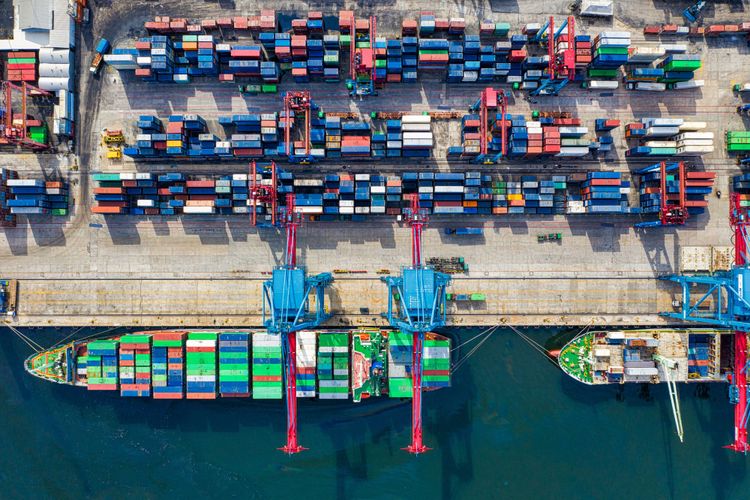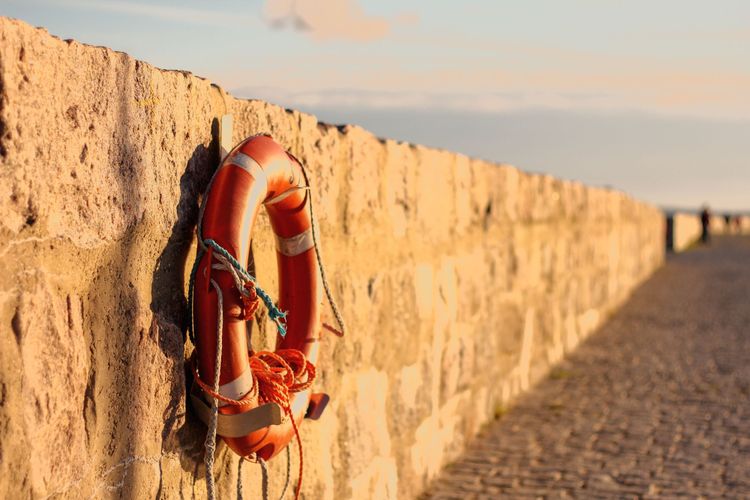Harsh lessons learned in a hard way

2 years ago the passenger ship / vessel RORO made a short voyage along the coast of Sicily. The vessel faced hard weather conditions. The boatswain reported to the bridge about the damage to the trailers, which had to be checked before the ship left the port. You can read more about this incident here.
What happened
Leading up to the accident the ship had altered course to reduce rolling and the deck crew together with the Chief Officer was tasked with securing two trailers that had damaged trestles and landing gear on the forward part of the ship.
During heavy weather the crew decided to secure the anchors after noticing that the anchor lashings were loose. The bosun and three AB’s (Able Body seaman) went to the forecastle to perform the securing. While the operation was underway, a wave hit the forecastle resulting in serious injuries to three of them and one of them dying.
Anchors were not secured upon departure port contrary to the two heavy weather checklists completed prior to the accident and securing of the anchors for such voyages was not common practice on board the vessel.
There appeared to be an acceptance of risk of injury in the crew members mind, which appeared to outweigh the perceived risk of anchors not being secured at that time. Bosun had fallen on the forecastle deck before he called for other crew members without taking the Master and C/O into confidence of his intent.
Maranics input
The checklist was part of the procedures and should be completed if there was a risk of heavy weather. Why was the checklist completed but not used?
At Maranics we strongly believe that processes and procedures on board must be transparent and thought out and people working onboard should understand the cost of mistakes and not using them properly. There is a way of thinking you are safe onboard but in reality you're working in a high risk environment and putting yourself in danger every day. This has the effect on a person making them do things without considering the dangers. This is why it is important to change the mentality of using checklists onboard to avoid compliance-washing.
Compliance-washing is the deliberate process of persuading a person or organisation that procedures are being followed according to company policy. An administrative burden that is common in shipping to help with passing inspections. The work that is put into reporting in order to make a report ‘look good’, but using doctored data. Read more about it in our article “Shipping and Operational Deceit”
There are many possible reasons for this. The checklist might have been created in a way that made it hard to use, the motivation of using checklists could have been poor onboard or the checklist was not consulted, only filled out. A checklist needs to be to the point, easy to use and created by a professional for a professional. Keeping in mind the nature of the operation and the possibility to use the checklist to increase safety onboard.





